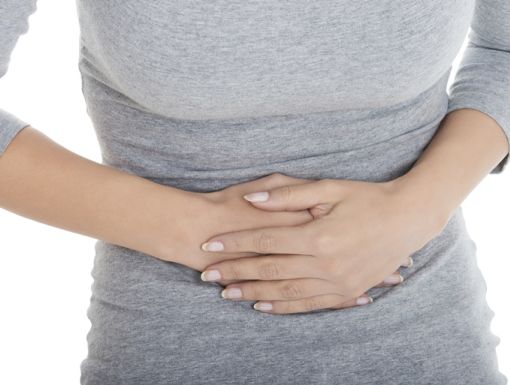
Salmonella Outbreak! What do I need to know?
Salmonella gastroenteritis, also known as salmonellosis, is one of the leading causes of foodborne disease in the US. Most episodes are usually self-limiting, lasting between four to ten days. However, the illness can be severe or life-threatening for some such as infants, the elderly or those with a weak immune system.
What is it?
- Salmonellosis is caused by a group of bacteria known as Salmonella
- Most commonly associated with poultry, milk products, eggs and raw egg-based foods such as mayonnaise
- Other potential sources: other food products (produce, raw meat), pets (such as reptiles)
- Often seen in the early spring and summer months, when the weather is warm enough for picnics, cookouts
Signs and Symptoms
- Like other stomach bugs, Salmonella can cause:
- Diarrhea
- Fever
- Abdominal cramps
- Nausea
- Vomiting
- Malaise
- Symptoms begin between eight to 72 hours after eating infected foods
- Usually lasts between four to ten days
- Severe illness may require hospitalization, symptoms include:
- Severe diarrhea (more than 10 stools a day)
- Persistent fever
- Severe dehydration
Treatment
- Fluid replacement is the most important treatment for illnesses causing vomiting and diarrhea
- Electrolyte fluids, such as Gatorade or Pedialyte, should be given frequently to prevent dehydration
- Most patients can recover at home
- Antibiotics and hospitalization are usually not required, except in severe cases or in patients who are at high risk for severe illness such as: infants, the elderly or those with a weakened immune system.
Prevention
- Avoid raw or under-cooked poultry, meat or eggs
- A meat thermometer can help ensure food is cooked to a temperature to kill viruses or bacteria which can cause illness
- Avoid cross contamination of food
- Use a separate, nonporous cutting board for raw meat
- Use separate plates and utensils for uncooked and cooked foods
- Keep mayonnaise and milk-based foods cold
- Avoid eating foods which have sat out in heat for long periods of time
- Wash your hands. Handwashing is the easiest way to prevent the spread of infection. Make a habit of washing your hands with warm water and soap before eating, after using the restroom and when your hands are visibly dirty.
- Be informed. Listen to the news and check the and what products to avoid. If any of these products are present in your home, throw them away immediately.
- Learn more about Salmonella.
Although many of these tips seem like common sense, it’s important to stay vigilant and informed to keep you and your family healthy. It’s better to play it safe and avoid any food product the CDC recalls.
If you experience food borne illness, contact your primary care physician.



